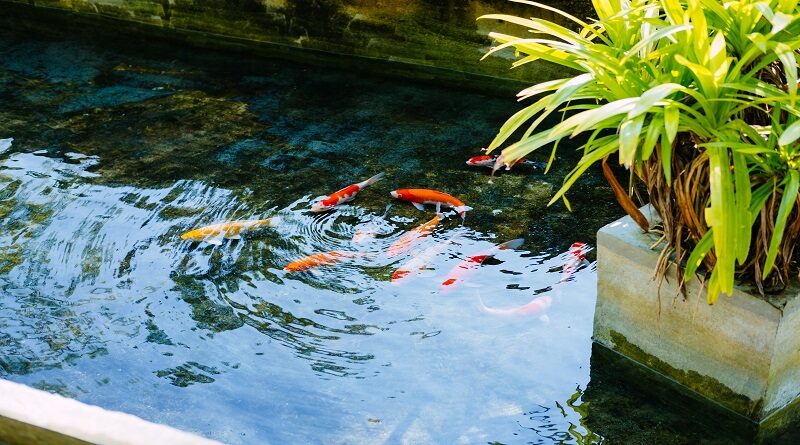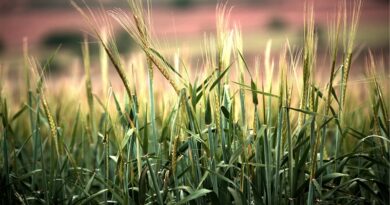Postgraduate courses in Fish Production and Farming
Sushi, fresh salmon, fish cakes- you name it, we love it. For those who like fish, eating it is absolutely no problem but a lot of work goes into the process before it gets to us.
We often forget about the work that goes into supplying the customer and fish production and farming are one of those areas. Nonetheless, it is work that is widely appreciated.
If this area is the right one for you to take your career, we have a number of postgraduate courses for you to have a look at to ensure you can be the best you can be.
What is fish production and farming?
Fish production is closely linked with aquaculture. Fish production is the harvesting of fish and other aquatic animals that are already in production. Aquaculture is the harvesting and cultivation of freshwater and marine aquatic plants and animals. To put it simply, the farming of fish for the commercial use such as food products in an area is called fish production
What work is involved?
When looking at fish production and fish farming we will give an example of the duties carried out by the manager of these farms. It is believed that as a fish farmer you may work around 40 hours a week. Work takes place in all kinds of weather conditions while you may also have to do heavy lifting, entering the sea, pools etc to keep an eye on the maintenance of fish. You may also work on a boat. Duties may change day to day but they tasks may include:
- Manage, breed and harvest schedules
- Monitor the health and maintenance of fish
- Recruit staff
- Train new staff to feed and clean holding tanks and nets
- Ensure hygiene standards are high
- Check water quality and oxygen levels to ensure they are high for the fish
- Order and upkeep of equipment, fish feed
- Keep records of such as fish numbers, financial records, budgets
- Carry out many different administrative duties
- Carry out research in your field
- Organise plans for stock to be sold
Courses
There are many courses on offer in the area across the UK. Some courses offer the opportunity to study either part time or full time. Universities may have certain restrictions in place due to Covid-19 and may offer courses online. Courses available include:
Sustainable Aquaculture
Postgraduate courses in sustainable aquaculture will help students to gain experience in the aquaculture world and gain the relevant skills and knowledge to work in this area. Some modules covered include Health and Production in Aquaculture, Seafood Processing, Economics of the Marine Environment and Sustainable Use of Resources in Biological Systems among others. Course material may differ from course to course.
Applied Marine and Fisheries Ecology
In these courses, students will gain an appreciation of the key issues that are central to the management of marine resources, practical skills and fieldwork experience that can be applied to the working world. Students will gain a deep knowledge of marine ecosystems both in Scotland and internationally as well as learn to analyse and interpret marine data sets, understand relevant policy, write professional reports and apply all you’ve learned to managing marine resources.
Other courses available include Sustainable Aquaculture, Aquatic Pathobiology and Aquaculture, Environment and Society.
Entry requirements
Entry requirements may differ from course to course or university to university. Therefore, it is important to research your specific course in detail to ensure you meet the entry requirements. As these courses are postgraduate courses, you will need a bachelor’s degree. Some courses may accept a 2.2 degree while others will require a 2.1. A degree in a relevant area is preferred such as subjects in biological, environmental or physical science.
Salary
Your salary in this area can vary depending on where you work and the size of the company or organization. It is believed that the salary for a fish farmer can vary from anything between £18,000 to £35,000. It is possible that, with experience, your salary can rise. All figures are intended to be used as a guide only.
Skills and requirements
Skills and requirements helpful in this area include:
- An interest in fish farming
- Excellent communication skills
- Attention to detail
- Negotiation skills
- Strong organisation skills
- Strong time management skills
- A knowledge of the science involved in fish farming
- A good business mind
- IT skills
- Practical skills and a practical mind
- Ability to lead and train others




